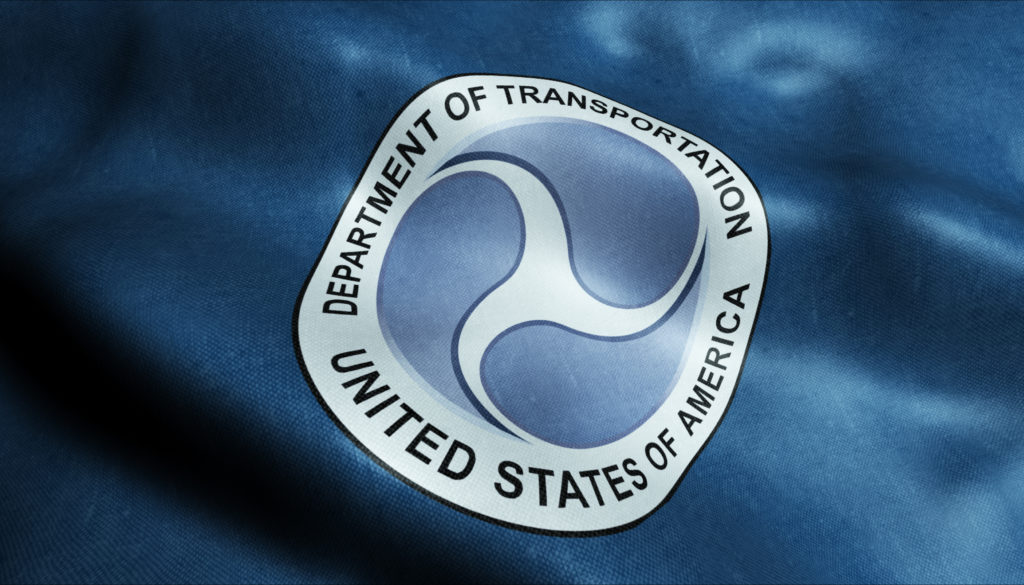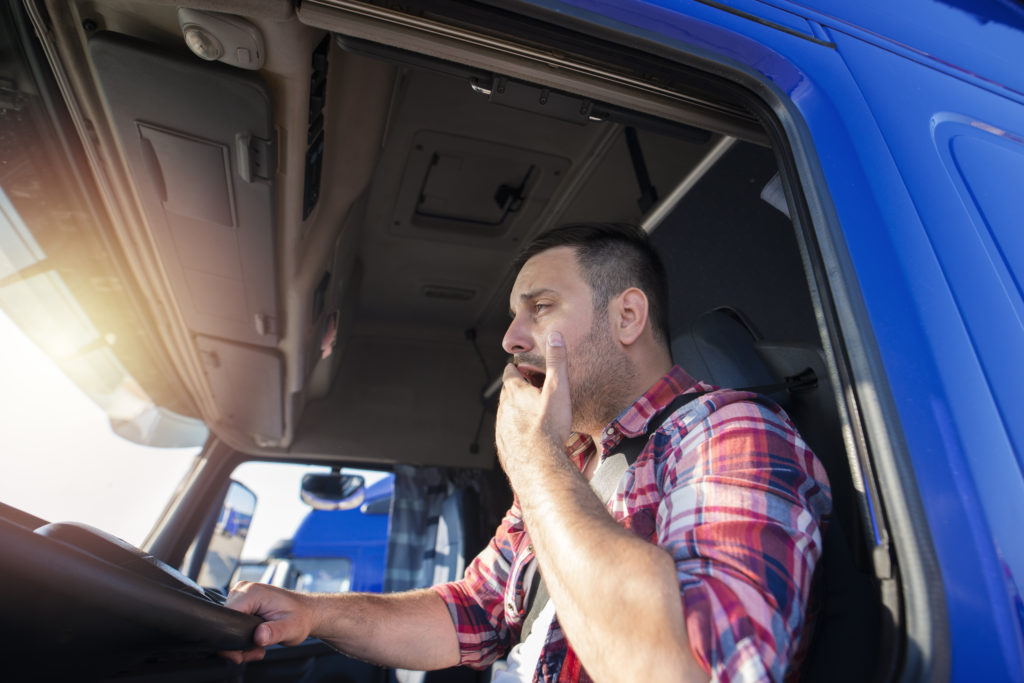
Cargo theft has become the trucking industry’s latest threat, following an already particularly difficult year. Updated business strategies and new technology are the most important tools fleets have to boost the overall security of their drivers and the shipments they carry.
“The safety of our drivers is number one,” said C.R. England’s freight claims supervisor, Melissa Jordan. “We don’t want them to put themselves in harm’s way. The next priority is the customer and the integrity of their product.”
Throughout North America, supply chain risk events recorded throughout 2020 have risen by about 16% from 2019, according to theft prevention and recovery network, CargoNet.
Not only is this safety risk making cargo security improvements more important than ever, but also rendering them vitally important if fleets want to keep overall costs down, as the prices brought about by these kinds of thefts has also risen–by 19%, CargoNet estimates. The average cargo theft costs have come out to be around $166,334 in 2020, with the increase believed to be due to COVID-19’s effect on individuals and its ability to motivate them to steal shipments of medical supplies and pharmaceuticals.
This kind of expensive, large-scale thievery has been steadily increasing for the last few years, according to Sensitech Inc.’s director of global intelligence, Scott Martino.
“Thieves use this as one way to gather intelligence on what is in trailers coming from certain distribution centers, etc., but they do sometimes have inside information of some form,” he explained. “Thieves are opportunistic. They typically target specific cargo, but they will target anything if the opportunity presents itself.”
There are multiple methods a thief may use to pull a crime like this off, such as an instance in which a he or she may fraudulently claim to work for a specific carrier and subsequently pick up someone else’s shipment, which BSI supply chain risk consultant, Tony Pelli, said is now happening more and more throughout North America.
Often, a perpetrator may even steal a carrier’s identity or use an out-of-business trucking company name, particularly through emails sent with phishing scams.
“They’ll say they’re a supplier who needs to get paid or a vendor who wants to pay them,” explained Pelli. To avoid these scams, an overall understanding of cybersecurity is key, he added.
Trucking companies are now having various departments collaborate to find the best ways for safety improvement as often as possible. For Averitt Express, its cargo claims team, operations team, security team and safety experts are all consistently working together to find the bests methods of keeping the company safe.
“At the same time, our team researches and tests new technology and tools that may enhance our ability to protect our assets and cargo,” said the company’s security coordinator, Tim Barnes. “Asset-based tracking is the primary tool that can currently be used to increase recovery rates within the transportation industry. When we can pinpoint the location of an asset through GPS surveillance, we stand a good chance of recovering our assets.”
Most important, through, is that all drivers and employees are aware of the risks at hand and the ways to best avoid them, Barnes noted.
“This includes conducting training around specific areas of cargo theft and promoting awareness campaigns through emails, newsletters, routing meetings, and signage at facilities,” he said, explaining that all employees must undergo regular prevention-focused training. One of these training programs is dedicated specifically to raising awareness of all security dangers involved with the transportation of hazardous materials (HM-232 security).
For C.R. England, tracking tech is extraordinarily important in reducing security risks.
“We’re able to see the location of any of our trucks or trailers at any given interval,” said Jordan. If a vehicle happened to diverge from its proper route, alarms would be raised and the company would contact the driver immediately, she added.
C.R. England is also able to let a driver know ahead of time if he or she may be about to enter a risky region.
“We deliver some loads into the Bronx or Brooklyn,” “said Jordan. “We know they have a limited amount of space to begin with, so it is easy to target those parking spaces that are available…We’ll also ask them to back up to something–a wall or a light pole–so no one can open the door.”
If a shipment is of particularly high-value, customers may make specific requests to keep the load secure.
“Depending on the value of the load, [the customer] may have pace cars that follow the truck,” said Jordan. Customers may also require a driver to not stop within a specific distance.
C.R. England also requires drivers to pay a deposit for an Abus lock that is used on every shipment, and requests that they always lock their right-side doors (although a shipper’s particular security seal may make that impossible). To circumvent any issues regarding proper security of these locks, the company will always spec its new trailers with enforcer boxes that are able to cover both the security seal and the latch.
“It provides an additional place for them to place the padlock without damaging the seal,” Jordan noted.
Additionally, the company holds periodic meetings with its drivers to regularly cover safety protocol as thoroughly as possible.
“We’re a teaching company as well as a trucking company,” she explained. “From the beginning, drivers are taught about security and safety, and we have continued education.”




